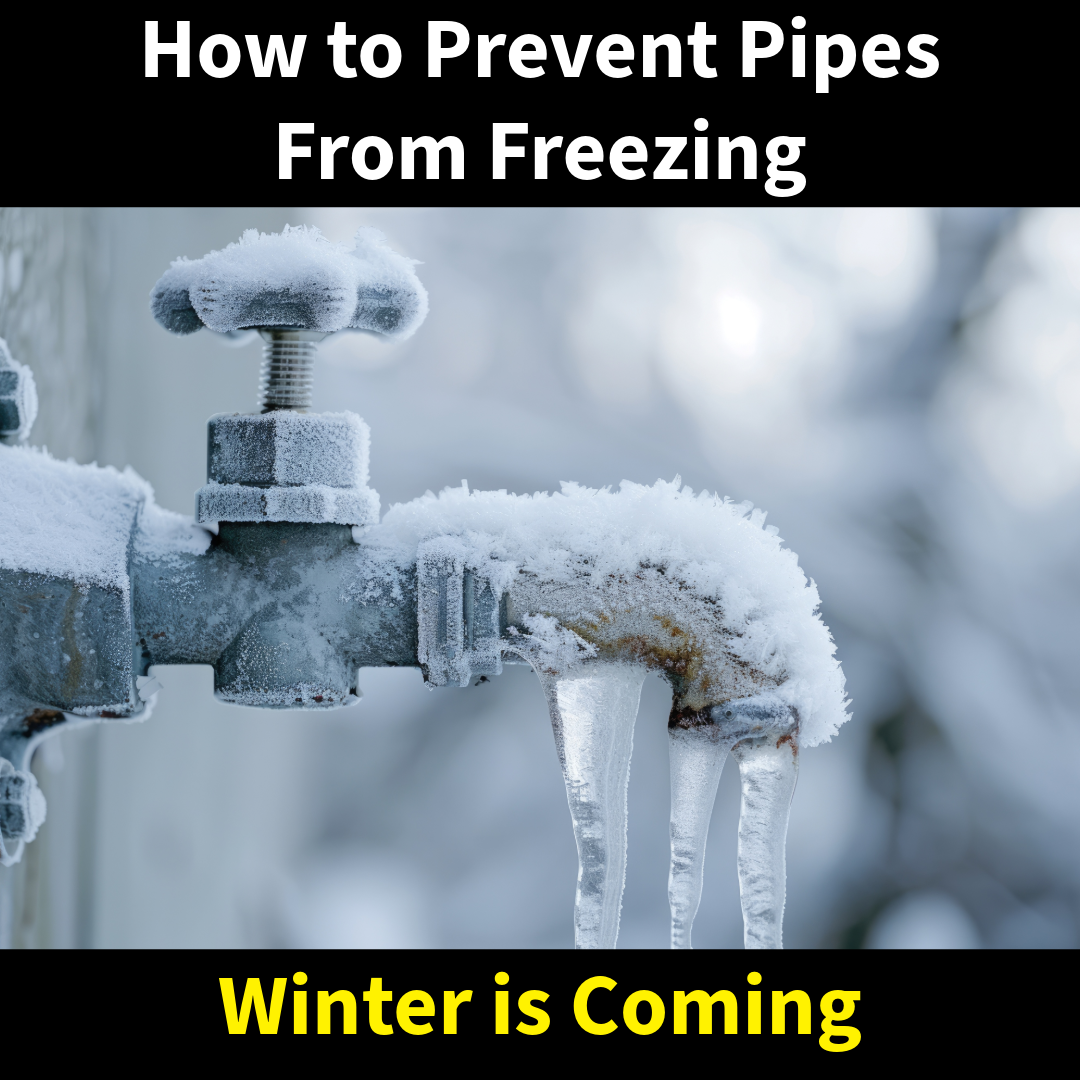As winter settles in, homeowners and businesses face unique challenges. From freezing pipes to poor ventilation causing mold growth, the cold season can take a toll on your property. At Mold Solutions & Inspections, we understand the importance of staying ahead of these risks to avoid costly repairs and health hazards.
Protecting Against Water Damage
One of the biggest winter threats is water damage caused by frozen pipes or ice dams. Here’s how to stay protected:
- Insulate Pipes: Wrap exposed pipes in basements, crawl spaces, and attics to prevent freezing.
- Clear Gutters and Downspouts: Blockages can lead to ice dams, which cause water to seep into walls and ceilings.
- Check for Leaks: Inspect windows, doors, and roofs for potential entry points for water.
If water damage does occur, our team at Mold Solutions & Inspections offers 24/7 water damage restoration services to minimize disruption.
Preventing Fire Hazards
Winter also brings an increased risk of fire hazards, especially with heating equipment. Stay safe by:
- Using Space Heaters Safely: Keep heaters away from flammable materials and never leave them unattended.
- Cleaning Chimneys and HVAC Systems: Built-up debris can ignite and cause house fires.
- Inspecting Holiday Decorations: Overloaded electrical outlets or frayed wires from holiday lights can spark fires.
In the unfortunate event of fire damage, we specialize in fire and smoke cleaning to restore your property quickly.
Addressing Mold and Air Quality Concerns
Winter often means closed windows and poor ventilation, which can lead to mold growth and unhealthy indoor air quality. Combat these issues by:
- Controlling Humidity: Use dehumidifiers in basements, crawl spaces, and poorly ventilated areas.
- Inspecting for Mold: Look out for musty odors or visible mold, especially after water damage.
- Scheduling Mold Testing: If you suspect mold, our expert team can conduct thorough testing and provide solutions.
Remember, untreated mold can affect not only your property but also your health. Mold Solutions & Inspections offers professional mold testing and remediation to keep your home or business safe.
Be Ready for Emergencies
Despite the best precautions, disasters can strike. That’s why having a reliable partner like Mold Solutions & Inspections is crucial. We offer services like:
- Water Damage Restoration
- Fire and Smoke Cleaning
- Biohazard Cleanup
- Crime and Trauma Scene Cleanup
- Asbestos Testing
Conclusion
Winter doesn’t have to be a season of worry. By taking proactive steps to protect your property and partnering with experts like Mold Solutions & Inspections, you can ensure a safer, hassle-free season. If you need assistance or want to schedule an inspection, contact us today. Let us help you weather the winter without worry!

